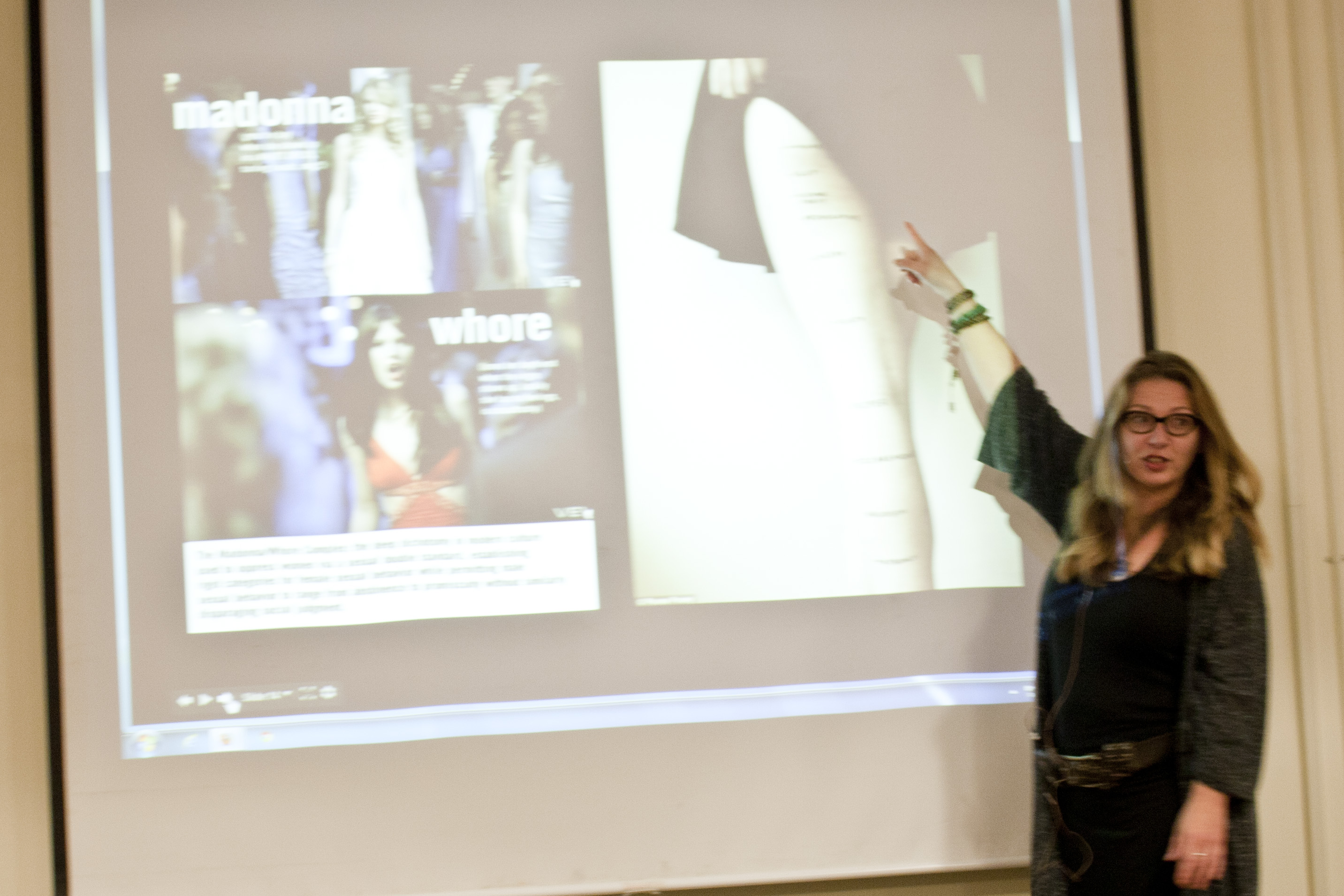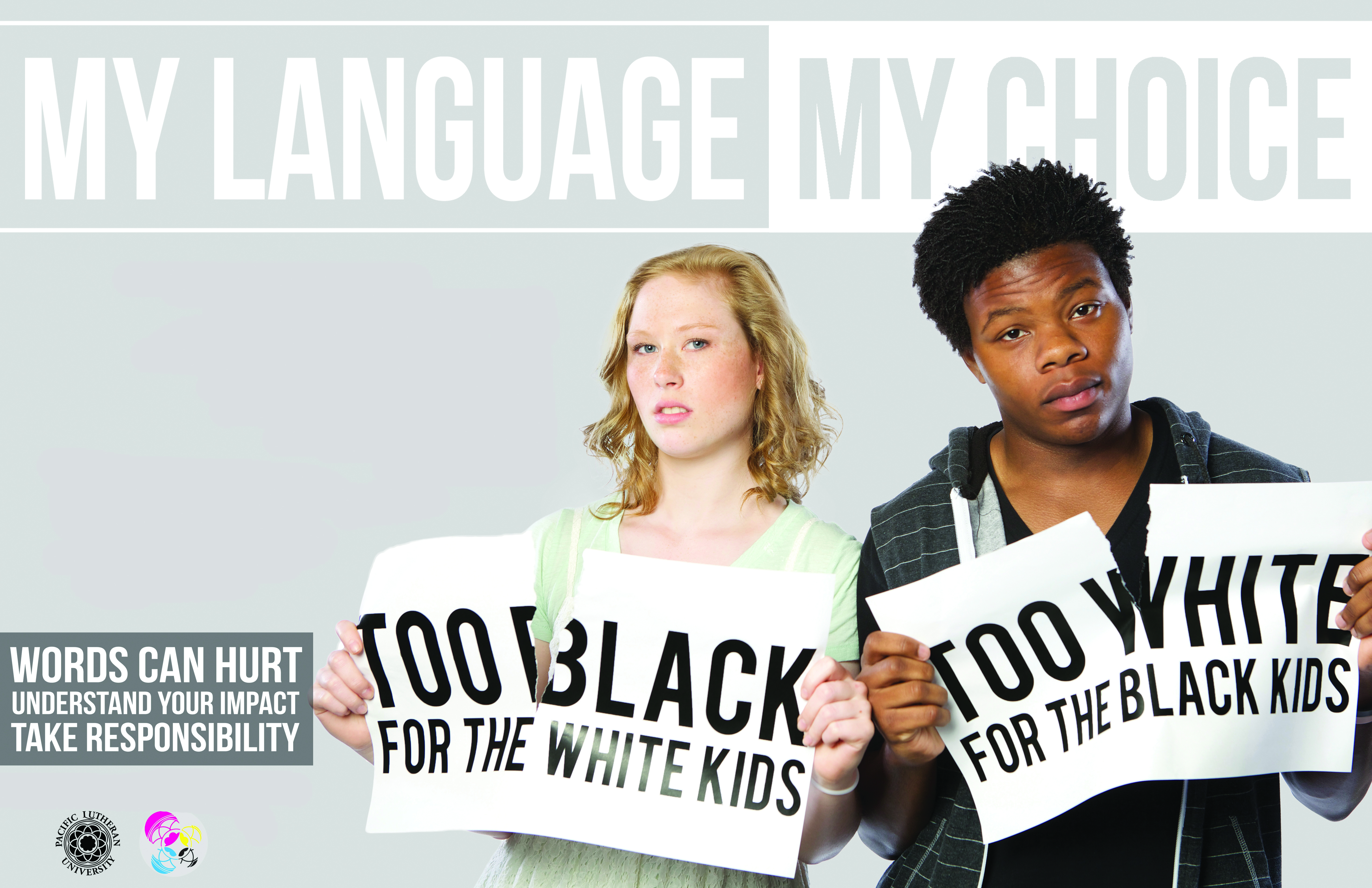Nearly every school in the country today recycles, but students at Pacific Lutheran University have turned it into a science.
Last week, five members of the student-led organization Sustainability held their annual Garbology event in Red Square to promote the importance of recycling.
Junior Aiko Nakagawa, Residence Hall Association director, and Sophomore Zack Wangler led the Sustainability team, which was assisted by approximately 25-30 student volunteers throughout the day.
Sustainability members collected the garbage from trash bins in various residence halls around campus, brought it to Red Square and sorted it into the proper receptacles. The goal, Wangler said, is to show students that much of what they are throwing away does not belong in trashcans.
About 67 percent of PLU’s daily trash goes into recycling bins, but Wangler said there is still room for improvement.
“The remaining 33 percent of garbage is being put into un-recyclable, un-compostable containers, and that number could easily be cut in half,” Wangler said.
Nearly everything can be either recycled or composted. If an item is recyclable, it can be converted into reusable material. Compostable items, on the other hand, are organic in nature, and can be left to decompose.
“If you don’t know if something should be recycled or not, just recycle it,” Nakagawa said. “We hand sort all of the recycling every day, but we never sort through the non-recycle bins.”
Common items that should never be recycled include: aerosol cans, batteries, household glass, medical waste, plastic screw-on caps, paper coated in metal and any hazardous waste.
“There will always be a percentage of people who are recycle-ignorant or who simply just don’t care. Our goal is to lower that percentage,” Wangler said.
Nakagawa said the Garbology movement is an attempt to enlighten PLU students. “If we can encourage people to intervene when their friends try to throw recyclables in the trash, we’ve done our job,” Nakagawa said.
Students can view the results of Garbology on Sustainability’s website in the coming weeks. Sustainability will display the weight of the original garbage next to the actual weight of un-recyclable, un-compostable material after it was sorted. Sustainability will also present the results to students through fliers distributed around campus.
“Things will change, but to what extent depends on how we [Sustainability] keep the message going,” Nakagawa said. “People tend to be more aware of what they are throwing away for about a month, and then they forget.”
The only way for students to remember to recycle, Wangler said, is to find a way to make it matter to them.
“I really love the outdoors, exploring, hiking, biking and everything else,” Wangler said. “To see that [outdoors] be polluted is really sad to me. I got involved with Sustainability to make the world a cleaner place.”
Whether someone is a gamer looking to lower the costs of computer equipment or a lover of the outdoors who is disgusted by seeing trash in the forest, recycling affects everybody Wangler said. It’s up to us as human beings to leave the planet better than we left it, and the movement starts today.


















